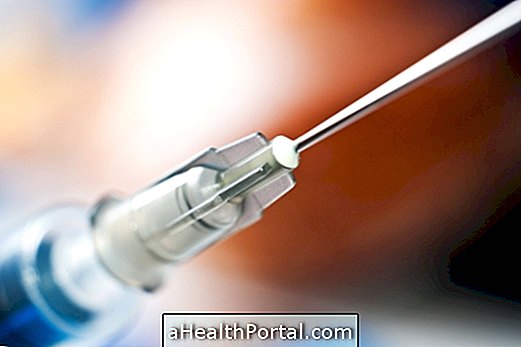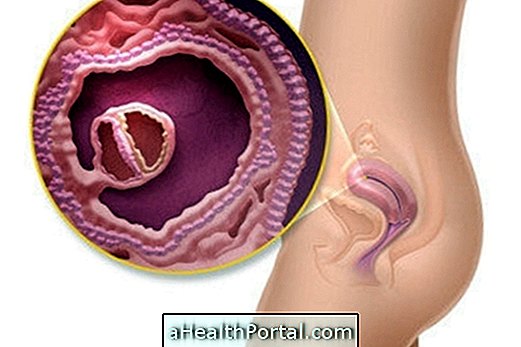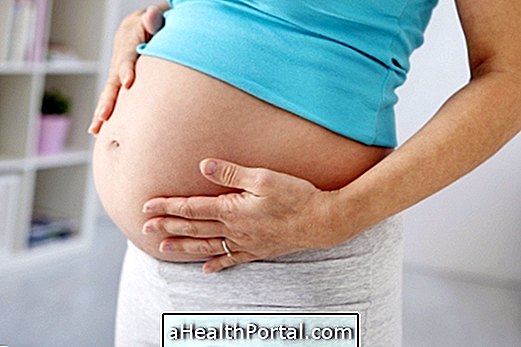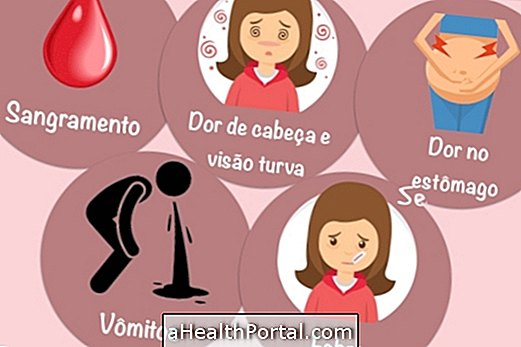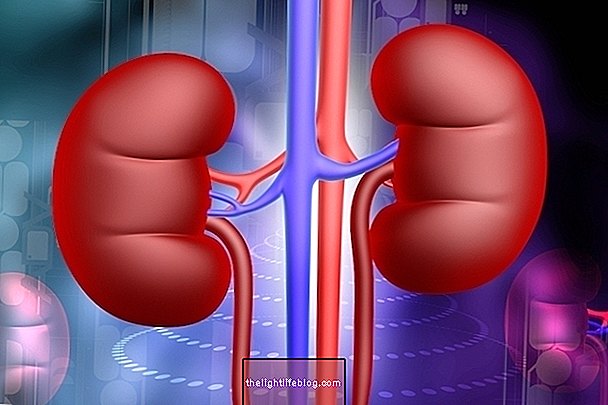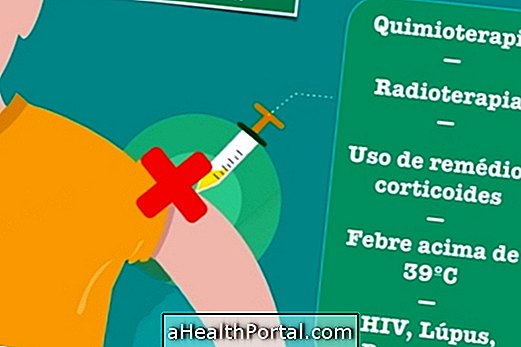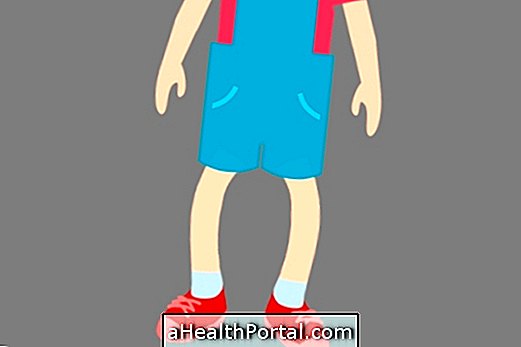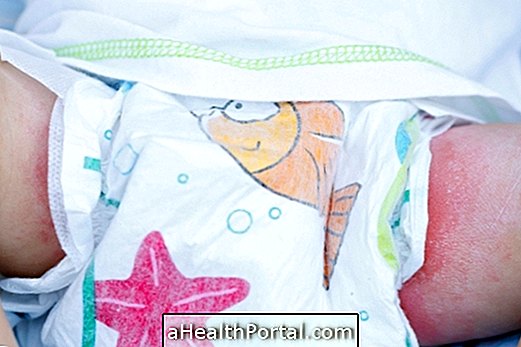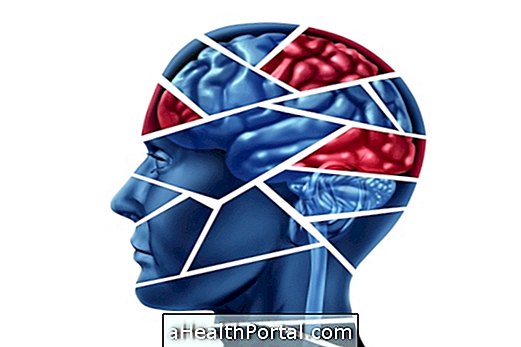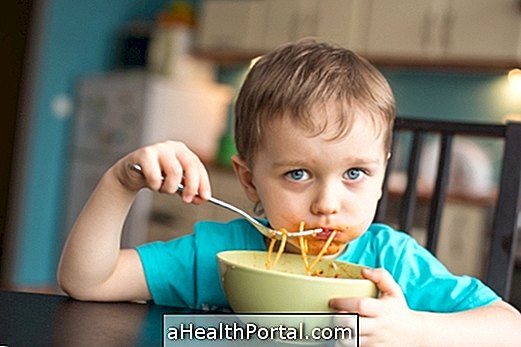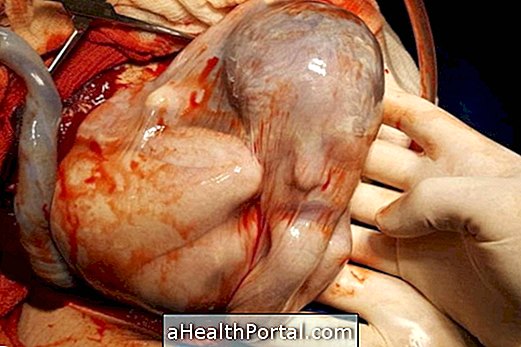A pregnancy is considered a risk when, after medical examination, the obstetrician verifies that there is some probability of illness or death of the mother or baby during pregnancy or at the time of delivery.
When pregnancy is diagnosed at risk, it is important to follow all medical guidelines, it may be necessary to stay in the nursing home most of the day sitting or lying down and in some cases may even need hospital admission.
Pregnancy Risk Symptoms
During pregnancy, symptoms that cause discomfort in the pregnant woman such as nausea, nausea, difficulty in digesting food, constipation, back pain, cramps or going to the bathroom, for example, often occur. But there are other symptoms that may indicate a risky pregnancy such as:
- Bleeding from the vagina,
- Uterine contractions ahead of time,
- Pouring amniotic fluid ahead of time,
- Do not feel the baby moving more than a day,
- Frequent vomiting and nausea,
- Frequent dizziness and fainting,
- Pains on urination,
- Sudden swelling of the body,
- Sudden acceleration of heart rate,
- Difficulties in walking.
When you experience any of these symptoms it is recommended to consult your doctor as soon as possible.
Caring for pregnancy risk
The precautions to be taken in pregnancy risk involve rest, balanced eating, ingesting the medicines and the directions that the doctor indicates.
Learn more about feeding in pregnancy in: Feeding in pregnancy.
These care also vary with the cause of pregnancy risk which is not always the same. Pregnancy risk is more frequent in situations such as maternal age greater than 35 years or less than 15 years, maternal height below 1.45 m, high pre-pregnancy weight, structural abnormalities in the reproductive organs, drug dependence, smoking and drinking alcohol during pregnancy, high physical exertion, exposure to harmful chemical or biological agents, and even excessive stress.
That is why prenatal follow-up is essential. Learn more about prenatal care in: Prenatal care.
